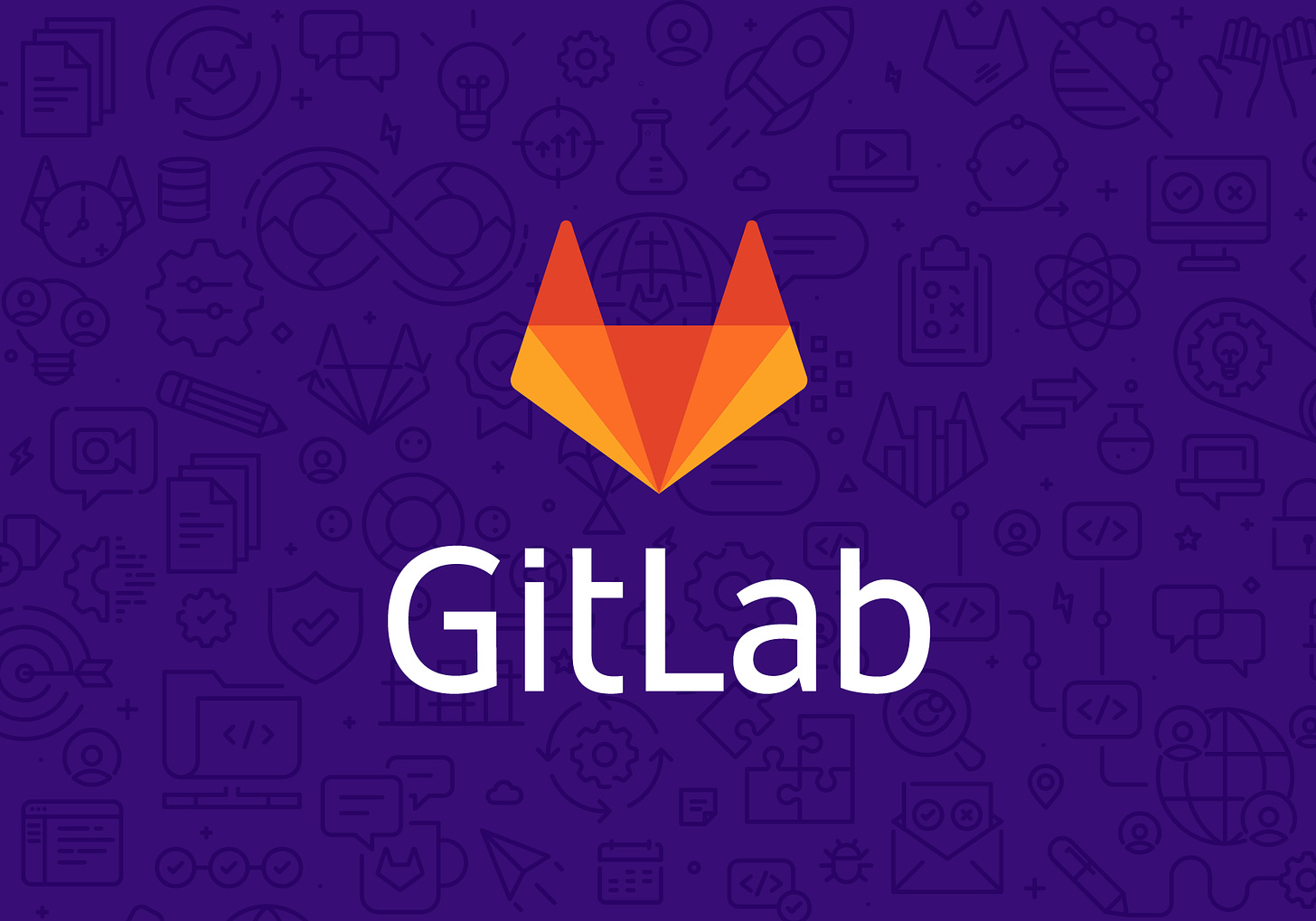Gitlab: Iterations & High Performing Teams
The following is part of the premium newsletter exploring owner-operators and cultures of publicly traded companies. Keep in mind I may own or have owned the company discussed. None of this is investment advice, do your own due diligence.
Find the archive of companies and people explored here
GitLab Inc. (GLTB) sells software. Their product is a DevOps Platform that can be used in the entire lifecycle of software development. They are a 100% remote organization of 1,700+ team members in 60+ countries. This unique structure led to a culture where fast iterations and creating high-performance teams became a necessity.
"Our success is driven by our culture. We believe that our values and culture are a competitive advantage within our industry, and we will continue to invest time and resources in building our culture to drive superior business results.”—From GitLab S1
A One-Sided Affair
My one-sided relationship with GLTB started as an admirer from afar. I came upon the company in 2018 whilst on my crusade to find and learn about all the remote-first companies I could find. I soon found myself scrolling through a public employee handbook with the company’s organizational chart with every person’s title, an instructional README of managers, identity data, and links that went deeper into the specific details of the organization.
I halted my descent down the rabbit hole and decided to wait until the business made its public debut. I had also applied to work at the company every year and I thought if I wasn’t going to work for them, I’ll be a shareholder.
I didn’t have to wait long with rumours of a direct listing in 2020 and an eventual IPO (using the traditional path) in 2021 opened the company to the public in a format I was familiar with.
GLTB’s new entrance to the public sphere meant they didn’t have an annual report yet. But I realized, there was plenty to excavate about the company and its unique remote-only culture thanks to how transparent the business was.
I should’ve realized how transparent the company was. I mean, who publishes a 2,000-page company handbook for the public?
From how they calculate compensations to CEO’s OKRs, team KPIs, to the structure of teams, decision-making process, and every little detail, I was finding little nuggets the deeper I went down the rabbit hole of GitLab’s handbook.
It was as if the company wanted me to learn more about it! Still, it was overwhelming with more and more hyperlinks to more essays, more directives, more Youtube videos, and not feeling like I was able to find the end to understanding how GitLab functioned.
In fact, as a mere writer with no technical prowess, I wasn’t even sure what they did other than the vague understanding that they helped DevOps (a combination of software development and IT Operations).
I decided to take my relationship with GitLab slow. I wasn’t going to rush it and treat it like some Tinder hookup. I wanted to get to know this company and have longer one-sided conversations with it. But where to start?
I decided to look into their core values. GLTB has six core values under the acronym CREDIT. It stands for Collaboration, Results, Efficiency, Diversity & Inclusion, Iteration, and Transparency. Of the six, I’m going to focus on “Iteration” in this essay.
Core values are fluff for most companies. They have four to ten words they dump onto a career page or annual report and a CEO will lather up how much work and thought went into picking the say-nothing-mean-nothing-offend-no-one bullshit words. But I considered GLTB to be different.
Why? Because writing 2,000 pages of anything is hard and if it’s all geared around a company culture geared at achieving transparency, I’m inclined to believe they might mean the words they chose. But first, a little history.




